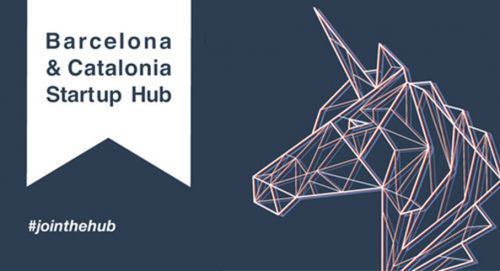
23/07/2020
Catalan start-ups know how to attract funding
Catalan start-ups know how to attract funding
On July 14, CaixaBank and IESE Business School presented the first study on the entrepreneurial ecosystem in Spain and Portugal.
According to the analysis based on 993 representative start-ups from the Iberian Peninsula (25% of the fabric according to the report), among the 272 start-ups that achieved their last round of financing between 2018 and 2019, 71 Catalan start-ups succeeded in attracting €25.4 million of the total €77 million raised. They are followed by Madrid (17.2 million, 58 start-ups) and the Valencian Community (9.8 million, 20 start-ups). Including all the possible sources of funding, the report estimates that start-ups raised more than €700 million in the last two years, including 500 million in capital, 4 times more than in the previous report.
The Environmental Impact sector is the most represented (24%), followed by Health (14%), PropTech (technology / real estate sector) (11%) and Mobility (9%). Regarding the most outstanding technologies on which their products/services are based, 51% are defined as Software & Platforms, 36% are based on Data Analysis, 24% on Artificial Intelligence and 20% on the Internet of Things (IoT).
IESE head of the study Maria Júlia Prats estimates that these companies will need another €700 million for the next 2-5 years to remain well capitalized, without counting the coronavirus factor that could require twice as much.
According to the analysis based on 993 representative start-ups from the Iberian Peninsula (25% of the fabric according to the report), among the 272 start-ups that achieved their last round of financing between 2018 and 2019, 71 Catalan start-ups succeeded in attracting €25.4 million of the total €77 million raised. They are followed by Madrid (17.2 million, 58 start-ups) and the Valencian Community (9.8 million, 20 start-ups). Including all the possible sources of funding, the report estimates that start-ups raised more than €700 million in the last two years, including 500 million in capital, 4 times more than in the previous report.
The Environmental Impact sector is the most represented (24%), followed by Health (14%), PropTech (technology / real estate sector) (11%) and Mobility (9%). Regarding the most outstanding technologies on which their products/services are based, 51% are defined as Software & Platforms, 36% are based on Data Analysis, 24% on Artificial Intelligence and 20% on the Internet of Things (IoT).
IESE head of the study Maria Júlia Prats estimates that these companies will need another €700 million for the next 2-5 years to remain well capitalized, without counting the coronavirus factor that could require twice as much.
More news
10/06/2015
The Barcelona Synchrotron Park in the SmartReFlex European project
01/06/2015
SENER and ALBA sign a technology transfer agreement
28/05/2015
Synchrotron light applications for the pharmaceutical industry
20/05/2015
Financial Times ranks ESADE 7th worldwide in open executive education programmes
14/05/2015
Joint promotion in Korea of the Barcelona Synchrotron Park and the Parc Científic de Barcelona
07/05/2015
The UAB ranks well









